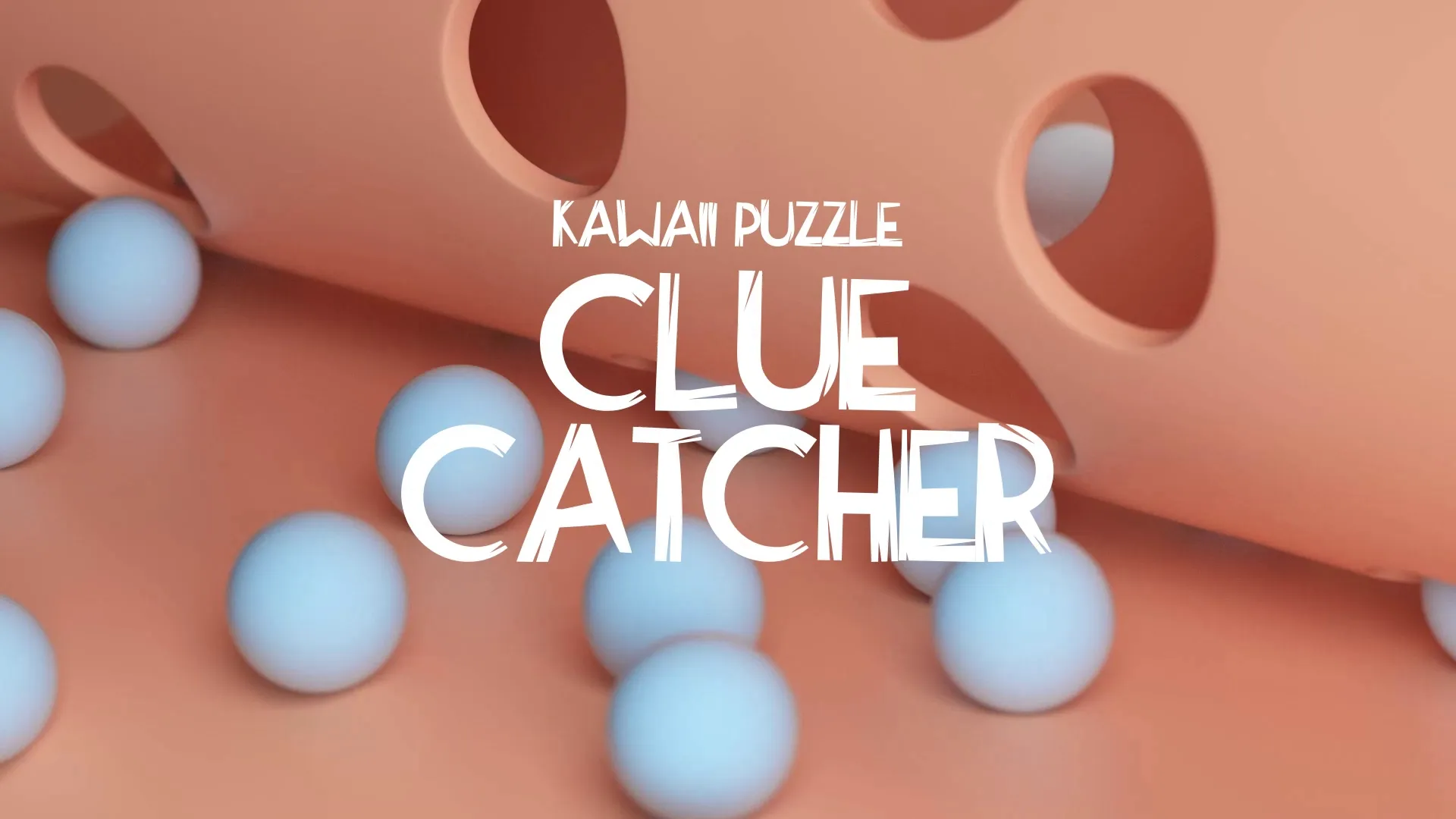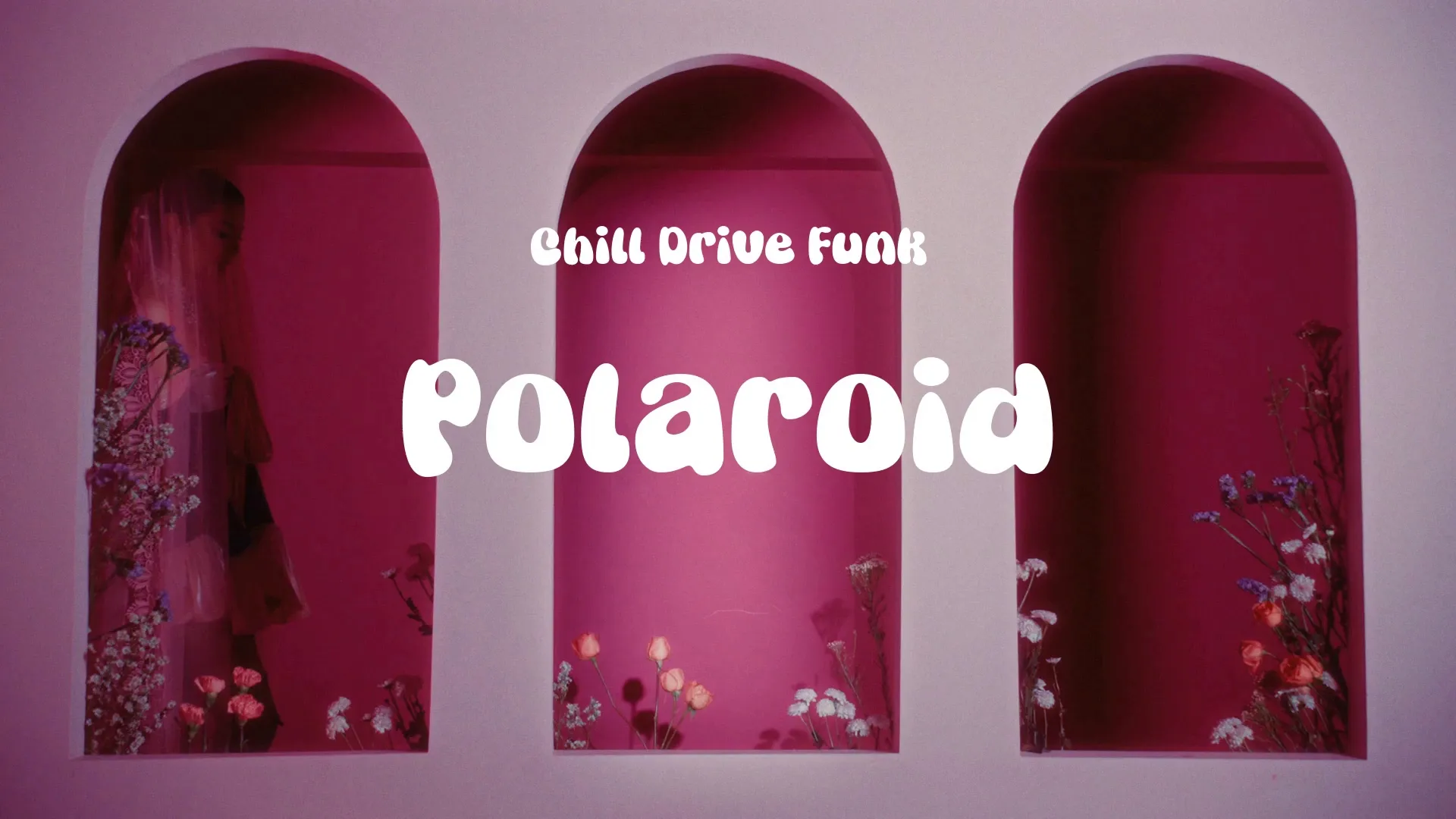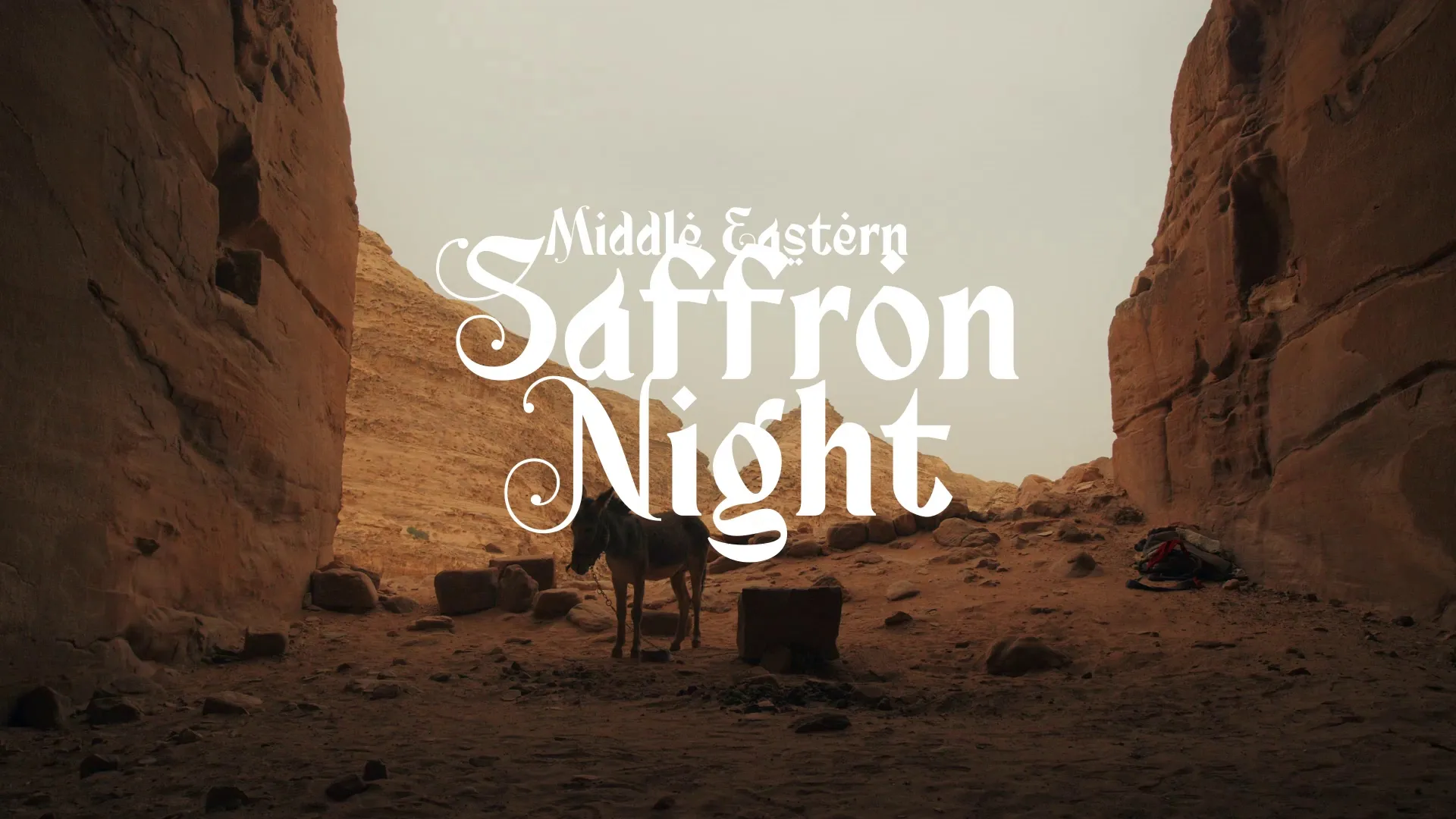Developer Community Discord Setup Guide: Best Platforms for Game Community Growth
Building a thriving community is essential for any game developer. Discord stands out as a primary platform for fostering direct engagement with players and fellow developers. This guide provides a straightforward approach to setting up and growing your game development Discord community.
Why Discord for Your Game Community?
Discord offers robust features tailored for real-time interaction and community management. Its channel-based structure allows for organized discussions on various topics, from game feedback to development updates. This makes it an ideal hub for both players and developers to connect directly.
Initial Discord Server Setup
Starting your Discord server requires a clear plan. Begin by creating a new server and choosing a relevant name that reflects your game or studio. Select a server icon that is easily recognizable and professional.
Essential Channel Categories
Organize your server with clear categories to prevent information overload. Start with general categories like ‘Information,’ ‘Community,’ and ‘Development.’ This structure helps members navigate the server efficiently.
Core Information Channels
Under ‘Information,’ create channels such as ‘#welcome-rules,’ ‘#announcements,’ and ‘#faq.’ These channels provide new members with necessary guidelines and keep the community informed. Regularly update the rules to maintain a positive environment.
Community Engagement Channels
For ‘Community,’ include channels like ‘#general-chat,’ ‘#off-topic,’ and ‘#showcase.’ These spaces encourage informal discussions and allow members to share their own work. Active engagement in these channels builds a stronger sense of belonging.
Development-Focused Channels
Under ‘Development,’ consider channels like ‘#game-feedback,’ ‘#bug-reports,’ and ‘#dev-logs.’ These channels are critical for gathering insights and keeping your community updated on your progress. Transparency in development fosters trust and loyalty.
Moderation and Roles
Effective moderation is crucial for a healthy community. Establish clear moderation guidelines and assign reliable moderators to enforce them. Utilize Discord’s role system to grant different permissions to members, such as ‘Moderator,’ ‘Developer,’ or ‘Community Member.’
Setting Up Permissions
Configure channel-specific permissions to control who can post, read, or react. This prevents spam and ensures discussions remain on topic. Take the time to fine-tune these settings for each channel.
Automating Moderation
Implement moderation bots to automatically filter spam, enforce rules, and welcome new members. Bots like MEE6 or Dyno can significantly reduce the manual workload for your moderation team. This frees up time for more direct community interaction.
Growing Your Discord Community
Once your server is set up, focus on attracting and retaining members. Promote your Discord link across all your social media platforms, website, and game pages. Consider cross-promotion with other game developers or communities.
Content and Events
Regularly post engaging content, host Q&A sessions, game nights, or development streams. These activities provide reasons for members to stay active and invite others. Consistent engagement is key to sustained growth.
Feedback Integration
Actively listen to community feedback and demonstrate that you are incorporating it into your game development. This shows members their input is valued and encourages further participation. A responsive developer builds a loyal following.
Create a free account, or log in.
Gain access to free articles, game development tools, and game assets.
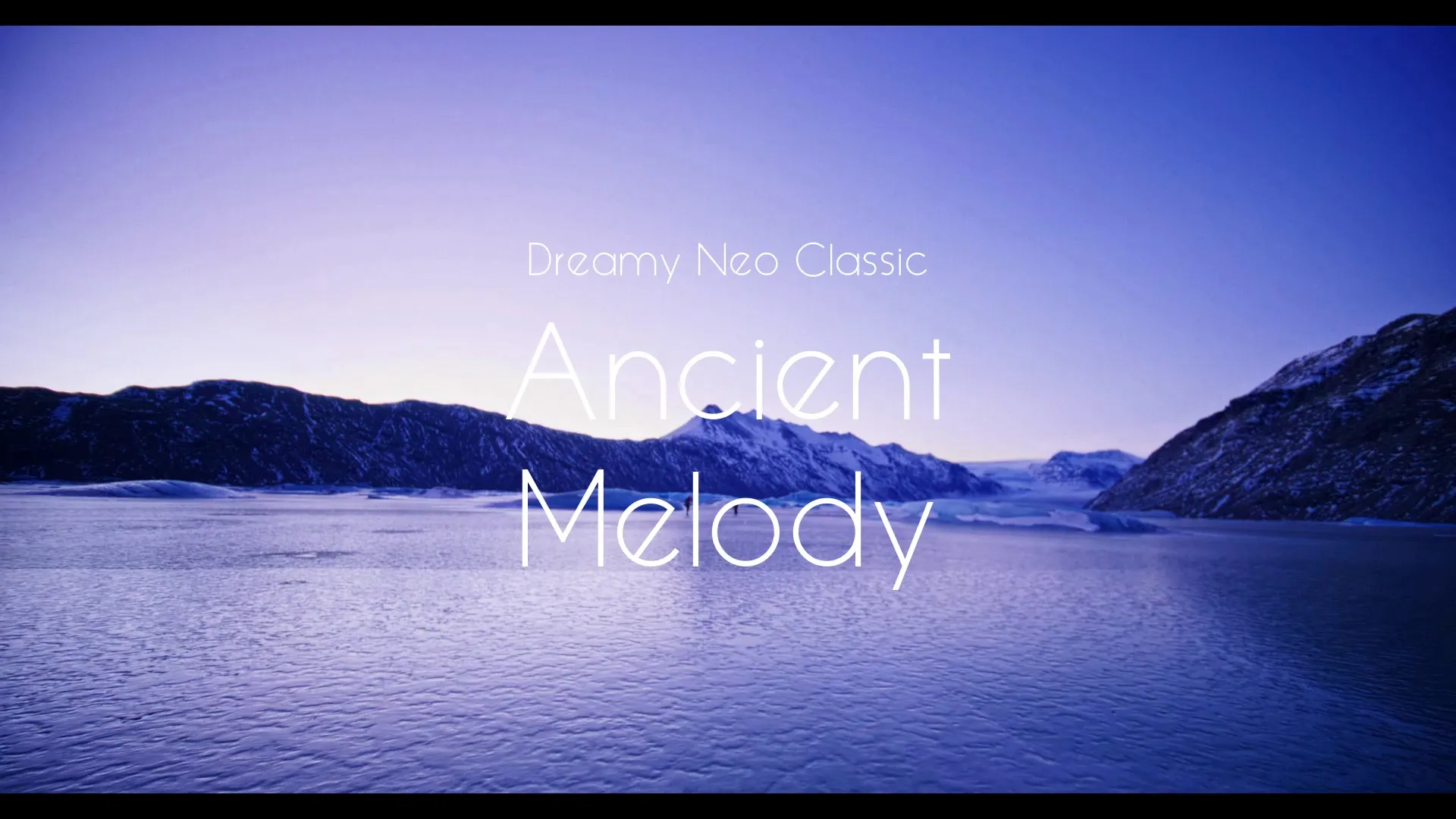
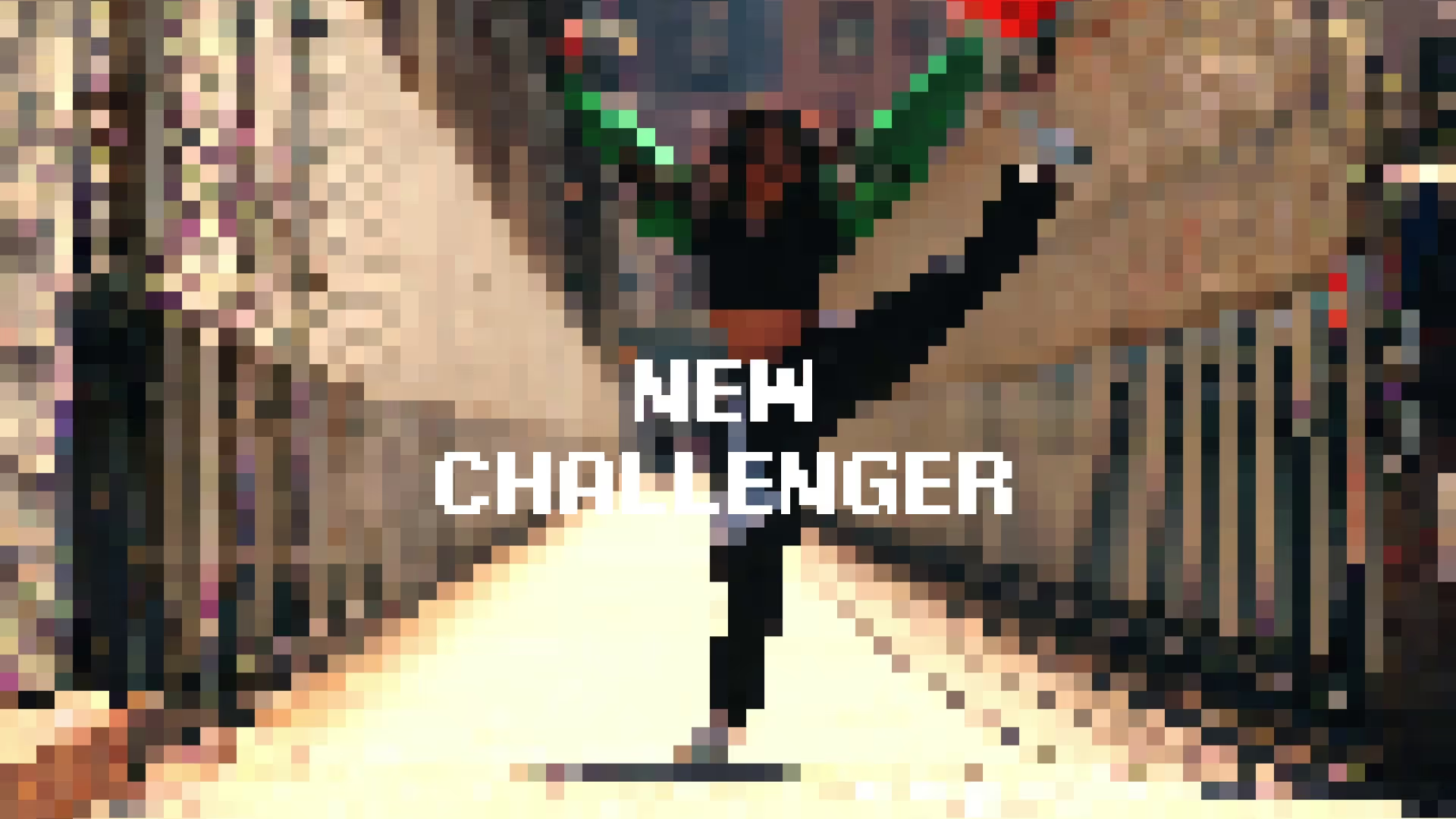

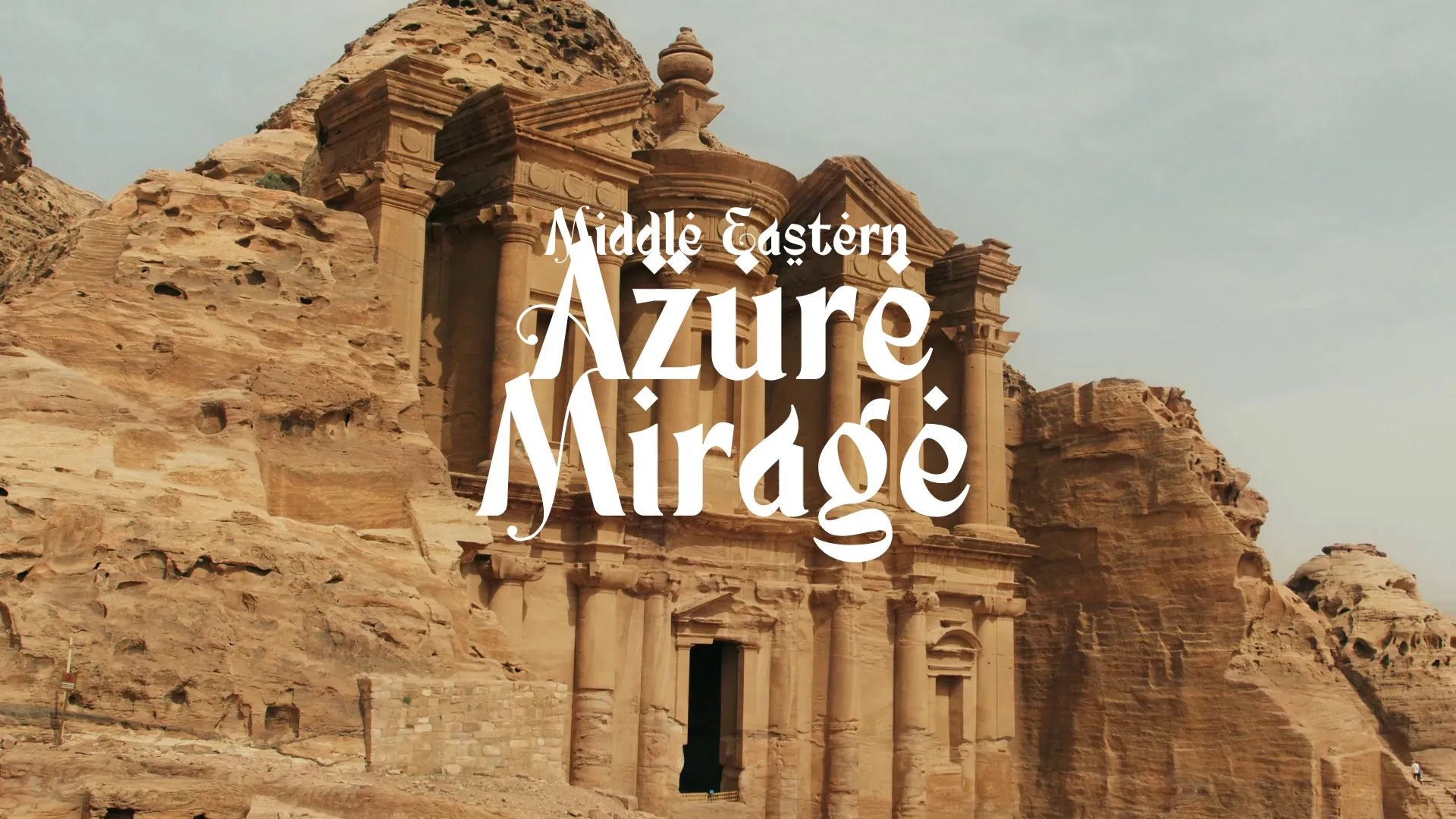
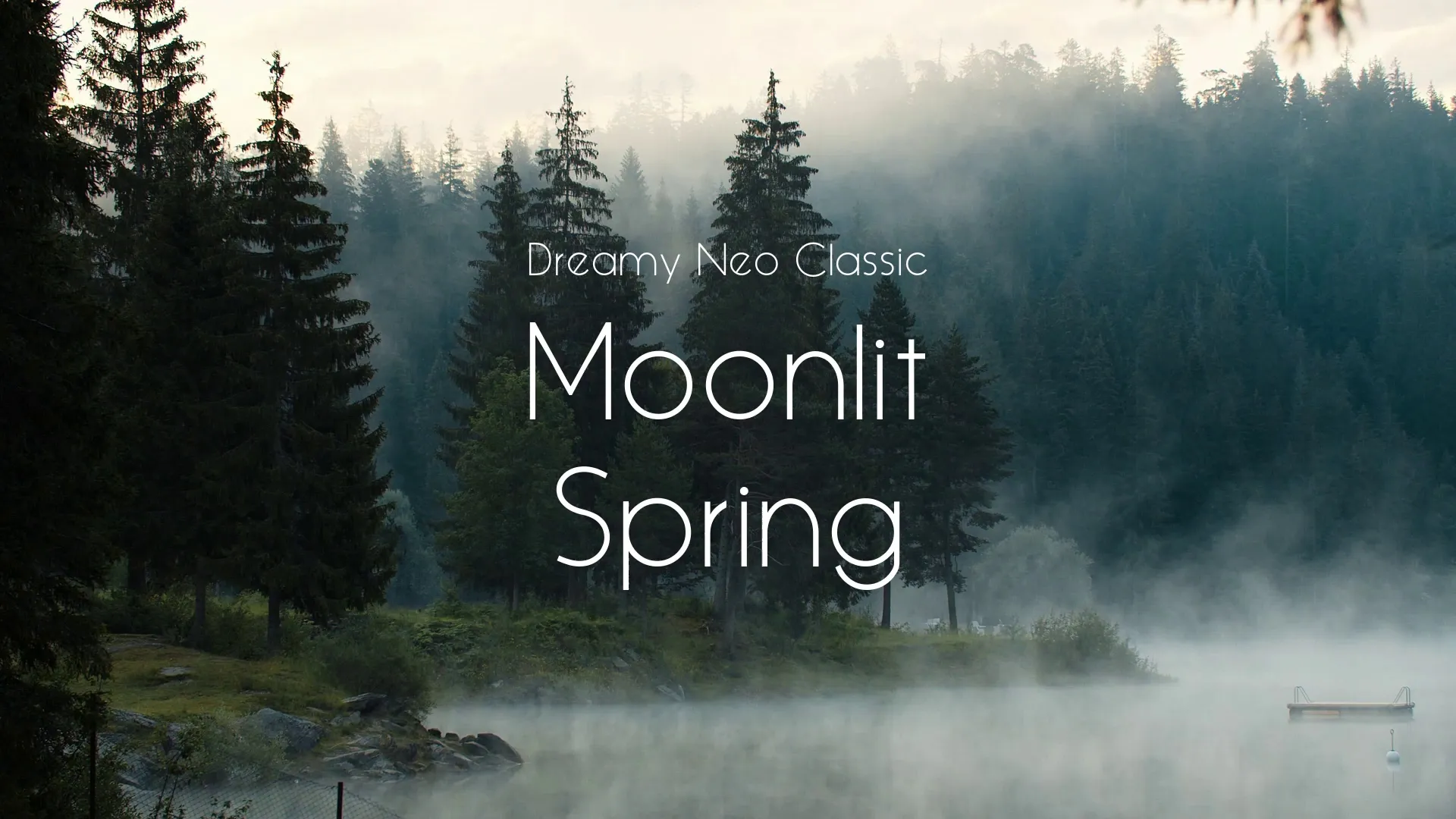
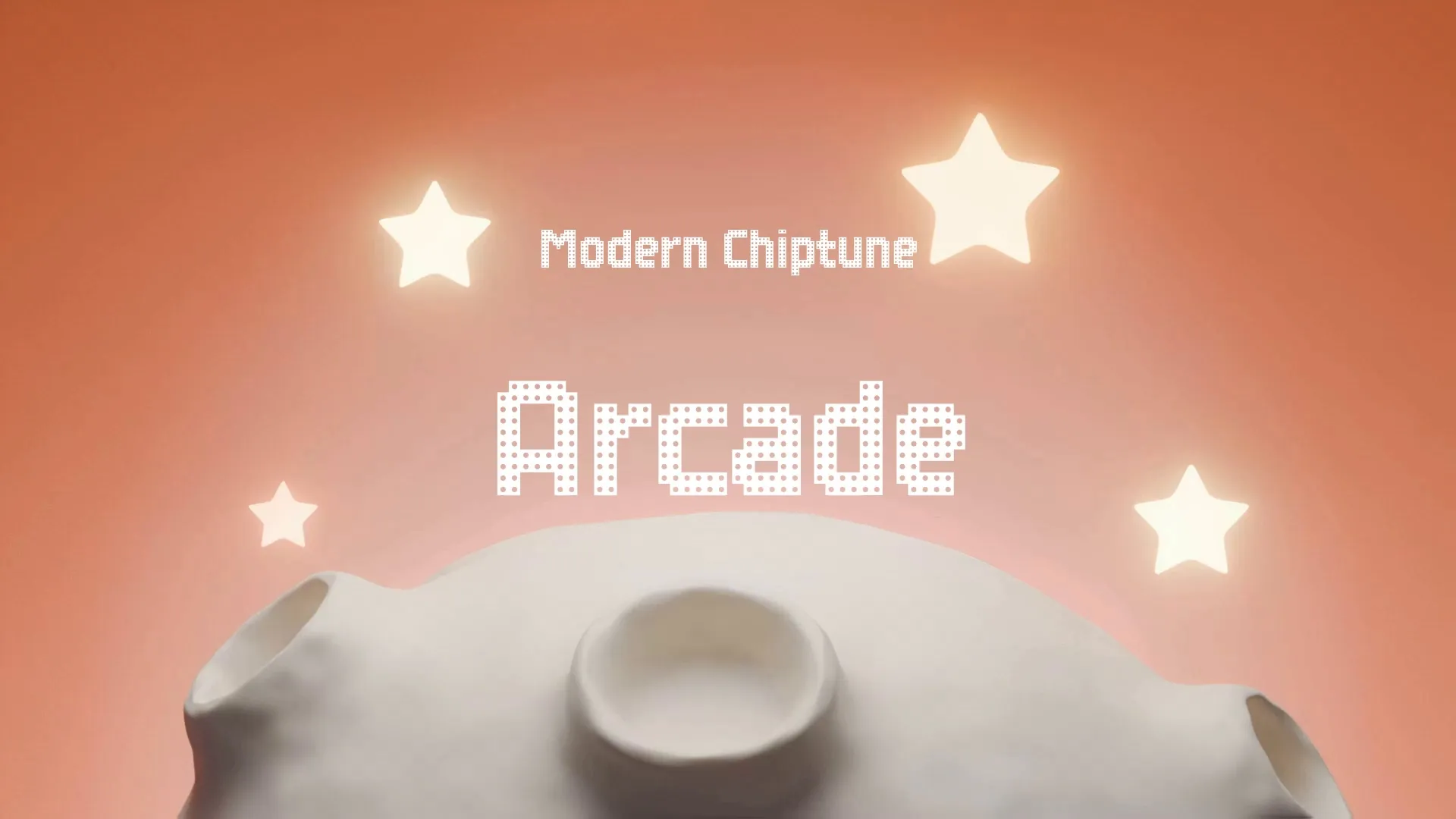

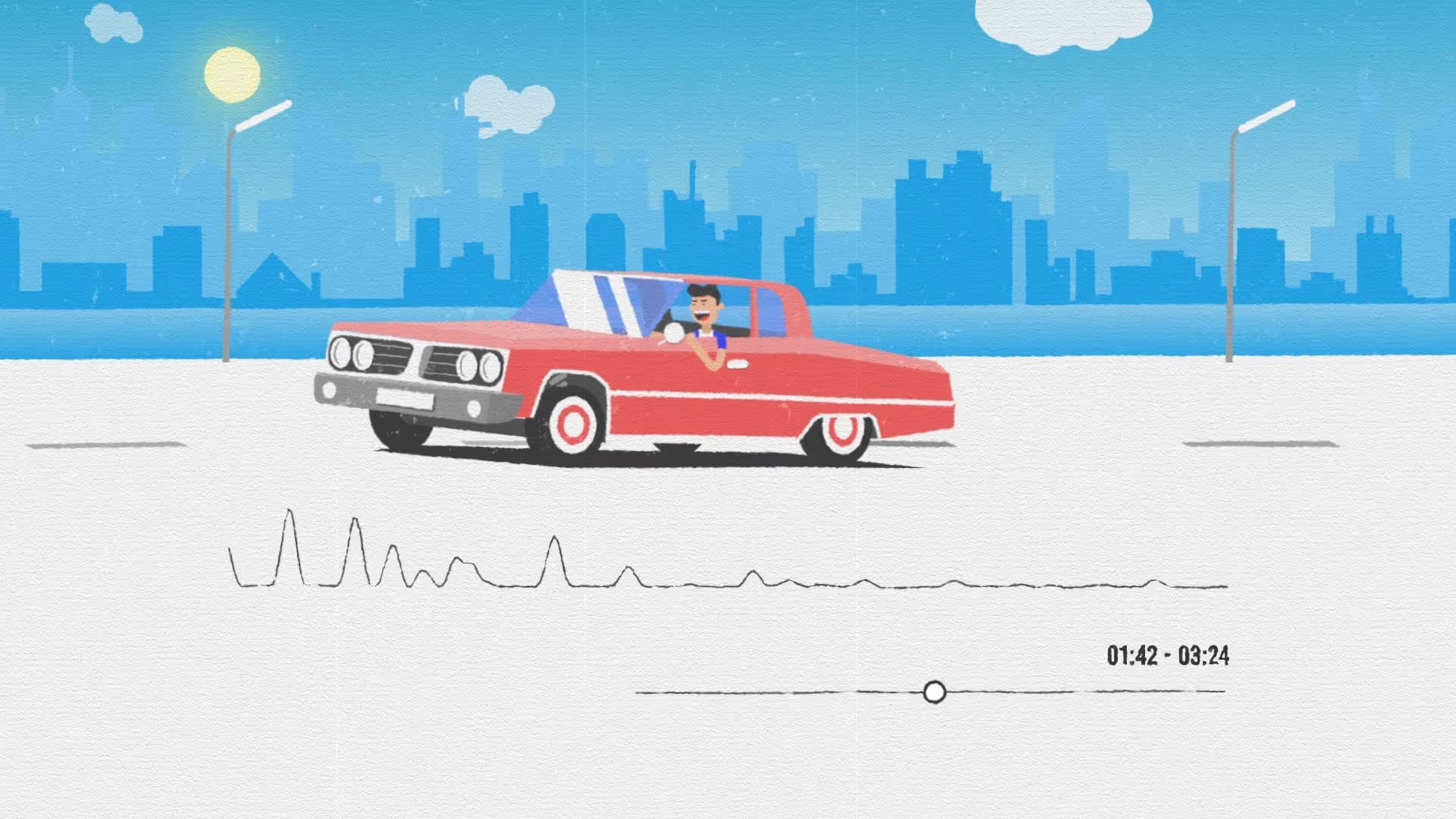
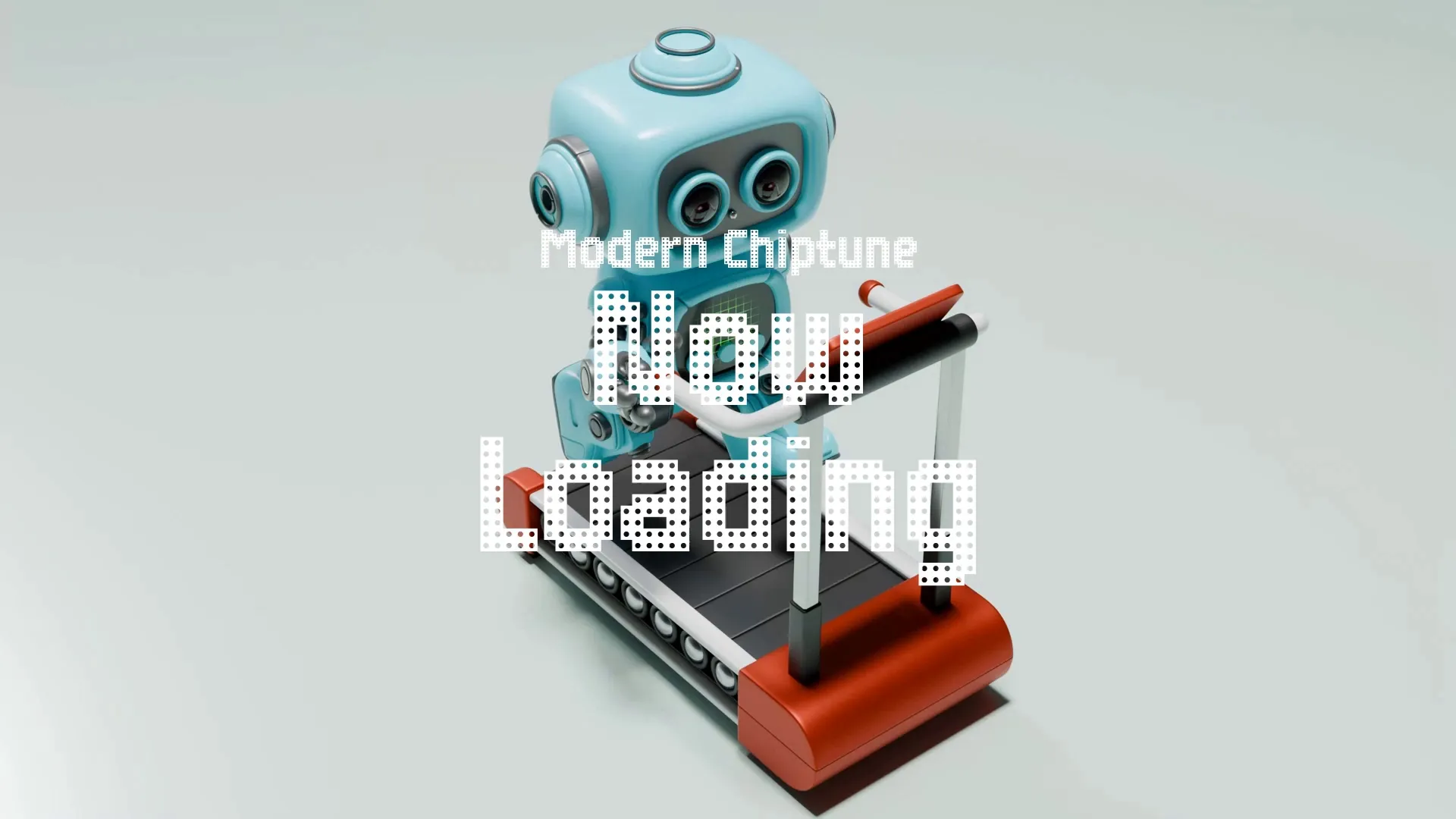

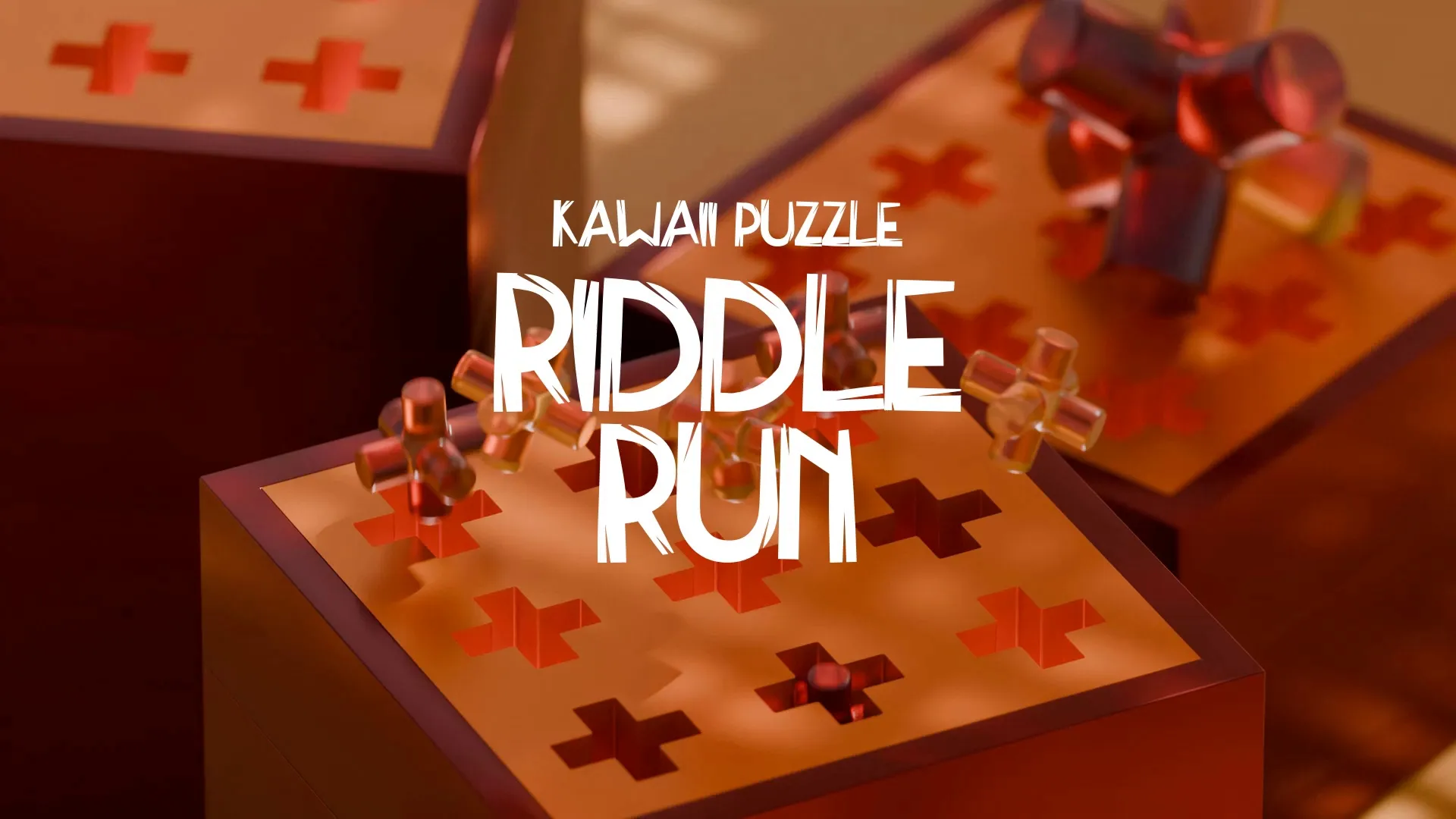
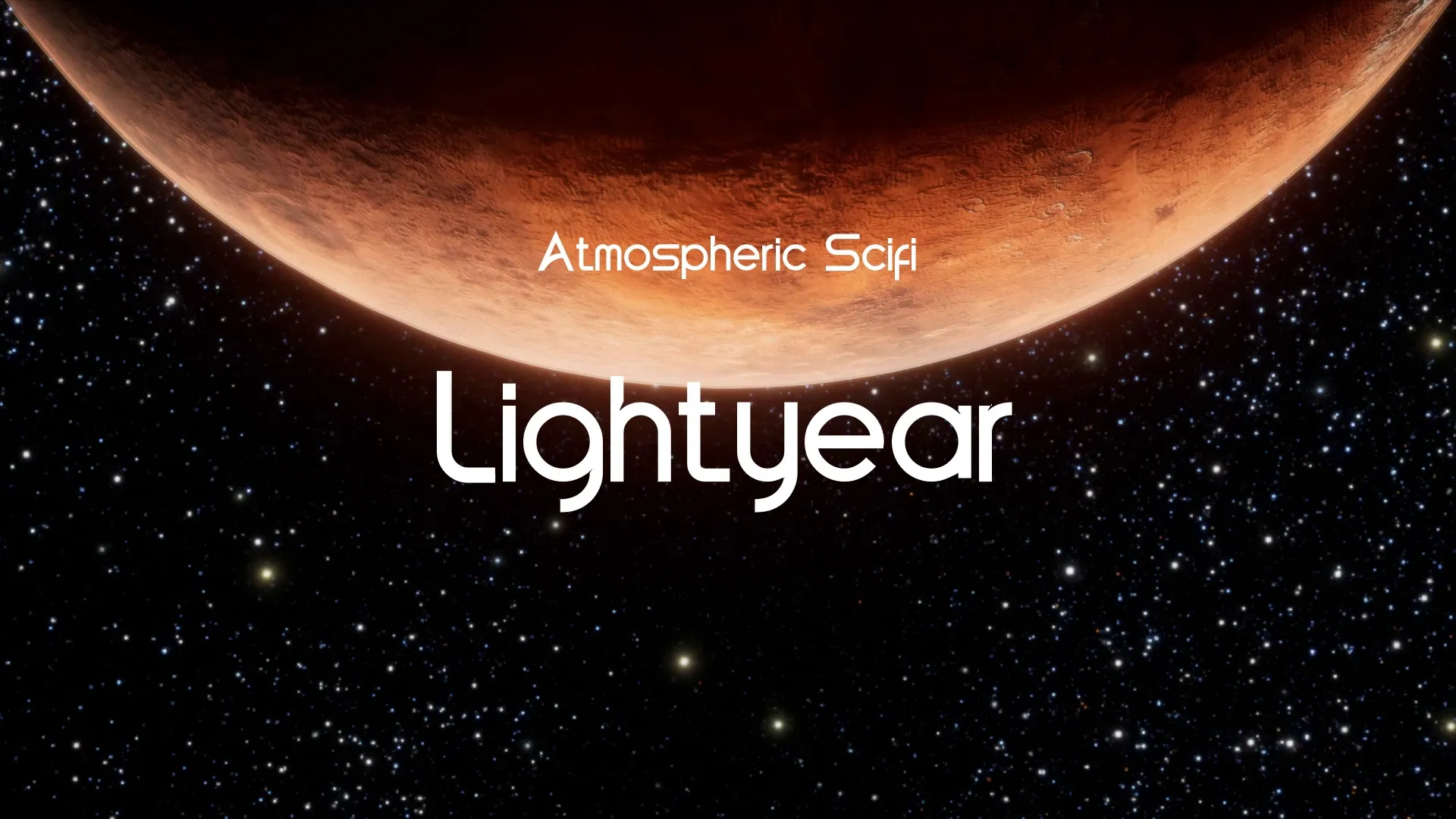
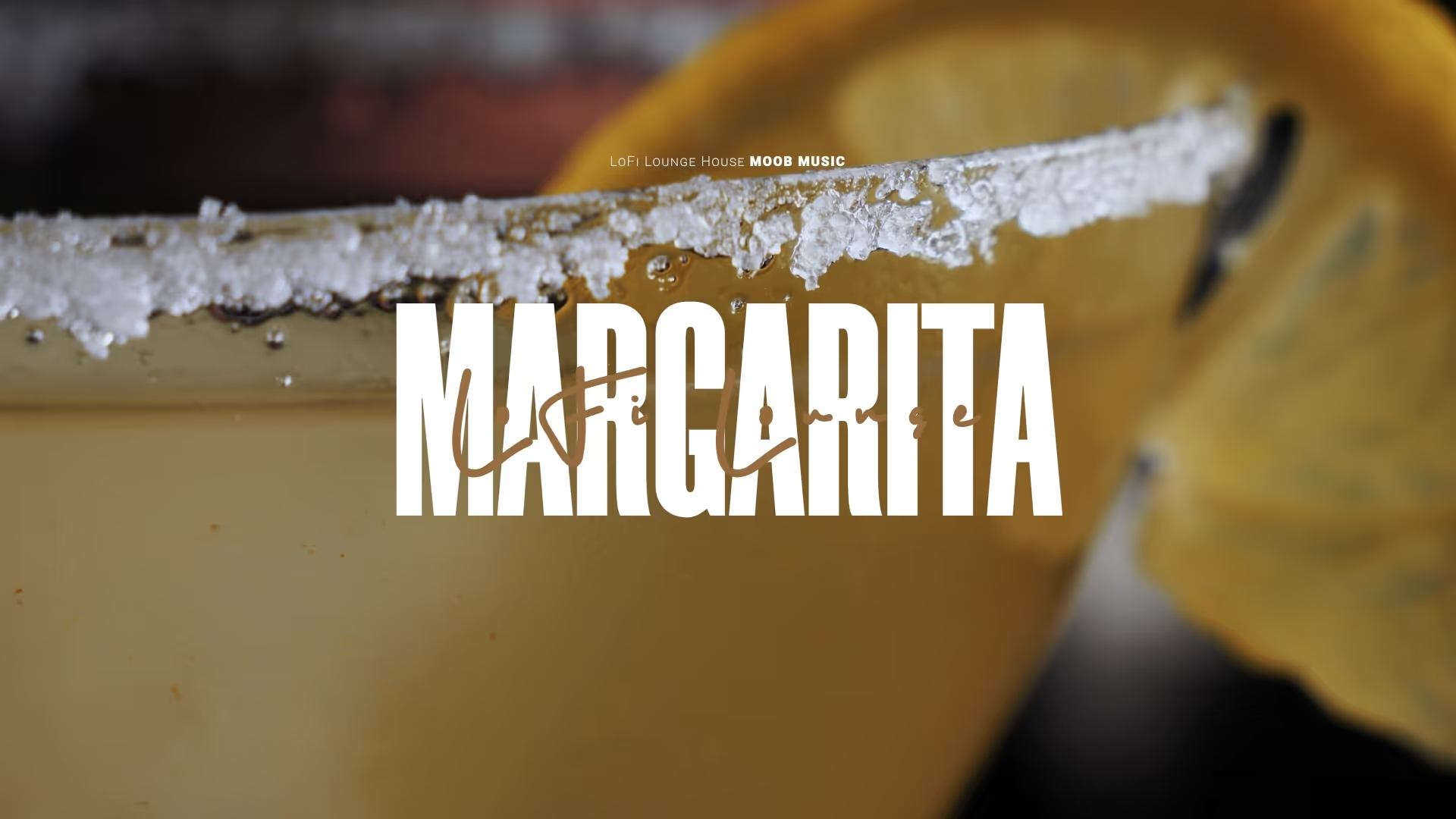
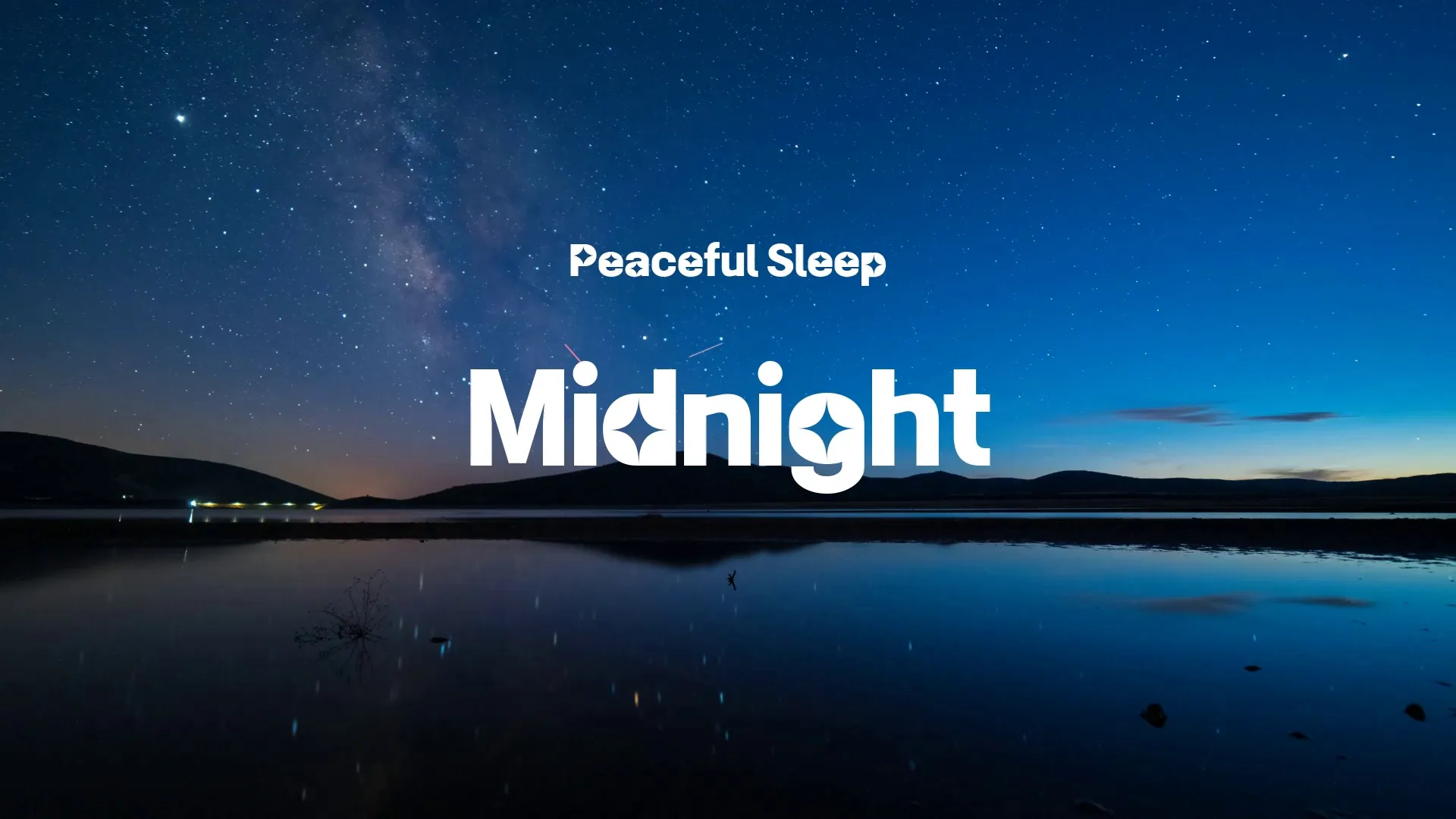

.webp)





